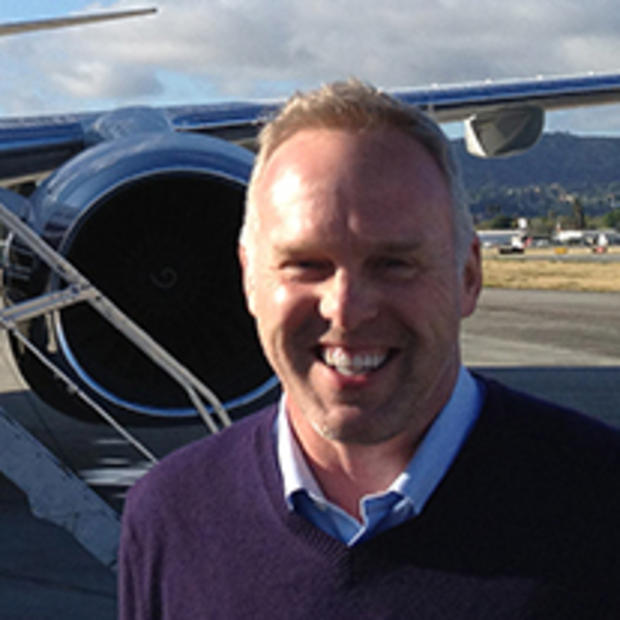We have a taxation identity problem in Washington. When it comes to taxing the poor we are the worst in the country. Solutions have stalled for decades, in part because of the language we use to talk about it. As the state budget careens toward hitting the wall — hard — we need to find a more compelling way to talk about inequity in taxation.
At a Crosscut editorial meeting this week, tax reform advocate Bill Gates Sr. mostly let the facts speak for themselves. With simple charts and graphs (PDF) and a few minutes' discussion, he showed how perversely out of whack Washington's taxation structure is at both ends of the spectrum. Washington has the most regressive tax structure in the nation, according to the latest report (PDF) from the Institute on Taxation Economic Policy.
We've heard that phrase before. What it really means is that we punish poor people with higher taxes than everywhere — and everyone — else. And not by a little. Washington taxes poor people about 17 percent of their total income, more than conservative redoubts like Arizona. More than Texas. More than Florida.
How is this fair? How does it square with our sense of the kind of place we want Washington to be? Would we ever design such bad policy on purpose?
Washington's "punish the poor" tax policy has existed for decades. It persists partly as a result of bad branding. Thirty years of talk about the "most regressive taxation structure, wonk wonk, blah blah, zzzzzzzzz ... " has taken its toll. The old language is stale from overuse. Reform efforts are routinely overwhelmed by reflexive carping that "no tax is a good tax" or "here they go again" or other radiations from talk radio. To change that will require changing the way we talk about taxes.
Taxes are simply a way to pay to get things done for the common good (fire departments, air traffic control, child education, an army, a safety net, take your pick.) There are good taxes and bad taxes and the smart thing to do is to pick the good ones and ditch the bad ones. Just like ballplayers, schools, or burger joints. There are choices to be made if you can muster the will and smarts to do it. Tax policy should not be made by accident and ours is the cruelest of accidents.
Washington's tax structure should outrage progressives and offend conservatives alike. Whether a humanist, a person of deep religious conviction, or just one who values good government, a "tax the poor the most" policy makes no sense — objectively, morally, politically.
We may think we live in a progressive place, admire our forward thinking, celebrate our creative, business, and civic innovation. We are wrong — very wrong — about all of this when it comes to something as basic as how we tax the least fortunate among us.
That's a tough bit of civic self-image to swallow, but it will not likely change until we own up to it — and then get angry about it.



